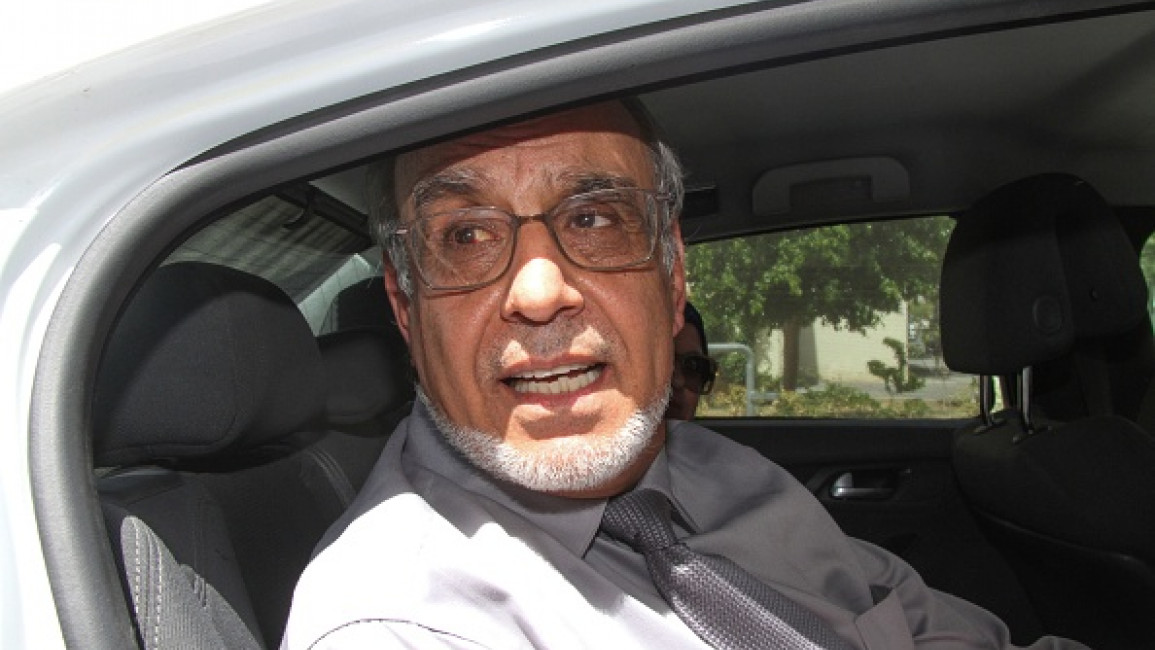Former Tunisian PM in intensive care after hunger strike
Tunisian ex-prime minister Hamadi Jebali has been rushed to hospital after going on a strict hunger strike and refusing medication on Friday, according to his lawyer.
“His condition deteriorated rapidly because he strictly adhered to his hunger strike without taking medication” said Samir Dilo on facebook after the former Ennahda leader had been transferred to a medical facility in Tunis.
According to the family, Tunisian prosecutors had formally permitted Jebali to take his medicine but security officials had not provided access.
The ex-PM’s wife informed journalists that her husband suffers from a number of diseases which require constant medication, including diabetes, heart disease and high blood pressure.
If he does not take his medication on time her husband’s life can be in real danger, according to Wahida Jebali.
His family said on Friday they held current Tunisian president Kais Saied responsible for the former premier’s “physical and psychological safety”.
Her husband was arrested on Thursday in Sousse under accusations of money laundering, and taken to anti-terrorism headquarters in the capital Tunis.
He began his hunger strike in an announcement made through his lawyers, accusing Tunisian authorities of “kidnapping” him and refusing solids and liquids until his release.
Private radio station Mosaique FM said Jebali had been remanded in custody this time by anti-terrorist police "on suspicion of money-laundering".
Jebali led the Tunisian government from December 2011, a year after the start of the country's revolution, until his resignation in early 2013 following the murder of leftist activist Chokri Belaid.
In 2014 he quit politics and left Ennahdha.



